By NOE TANIGAWA - Nov. 9, 2018:
Audiences accustomed to stories about rising sea levels in the Pacific, are introduced to another sort of rising tide in the Kingdom of Tonga. Leitis in Waiting presents the high spirits of a transsexual beauty pageant alongside religious fundamentalism that condemns both the pageant and the lifestyles it represents.
The film, Leitis in Waiting, follows the life of Joey Mataele, the transsexual founder of the Miss Galaxy Queen Pageant, an annual celebration of the fakaleiti, or LGBTQI community in Tonga. Mataele says fundamentalist beliefs are the basis for extreme discrimination in Tonga, but she has a message of hope.
Mataele: I think it’s because of my upbringing with my grandmother, remembering that lecture I always had from her. She would always say, The life that you’ve chosen will be a very hard life for you. Her words are: Forgive is better than sacrifice.
Mataele: Sacrificing your self for that kind of life. It tore me apart. But I overcame it I learned to overcome it.
Mataele: Being the person you want to be, believing in the person you want to be, and telling the world I am who I am and nobody’s going to change that. It didn’t really just make me reveal the true me, it made me a better person. Because believe me, when I was young, I used to fight like there was no tomorrow.
Leitis in Waiting is part of a human rights effort, to bring attention to nations that still criminalize sexual minorities. It screens as part of the Hawai‘i International Film Festival this Saturday, November 10, at 6pm and Monday, the 12th at 3:15.
Leitis in Waiting is a portrait of Joey Mataele and the Tonga leitis, an intrepid group of native transgender women threatened with being criminalized by American-financed evangelicals. With extraordinary access to the Kingdom's royals and religious leaders, this film presents an inside look at beliefs in conflict.
The same filmmakers who created the highly acclaimed, Kumu Hina, created this new film exploring Tongan sexual minorities. Each screening is seen as part of a grassroots effort to encourage dialogue, change attitudes, and promote human rights in the 37 countries that criminalize LGBTQI lives.
